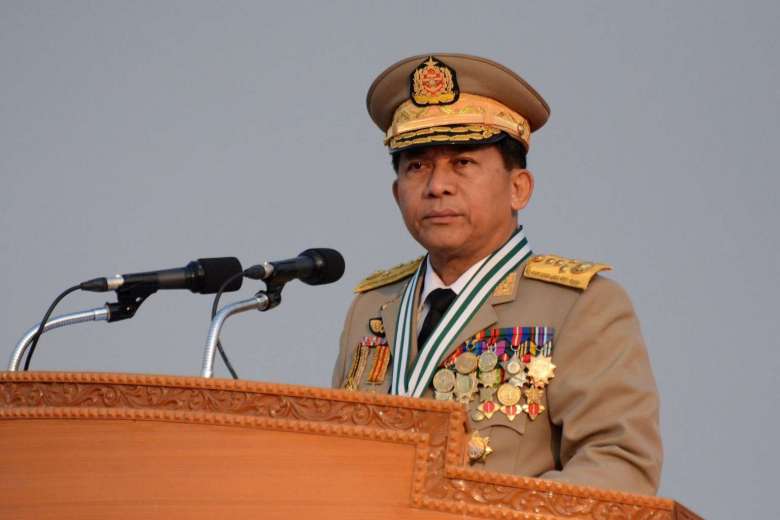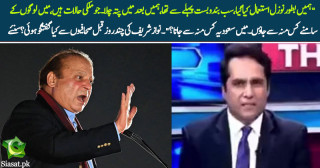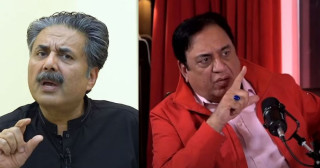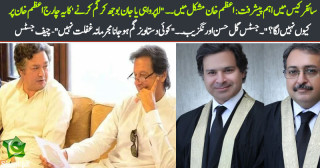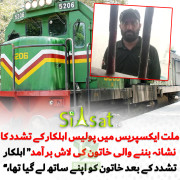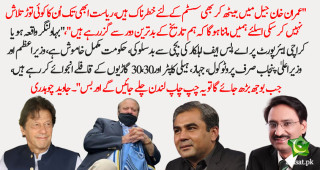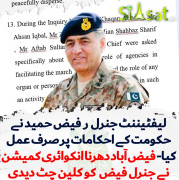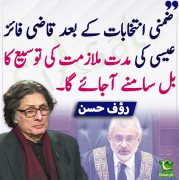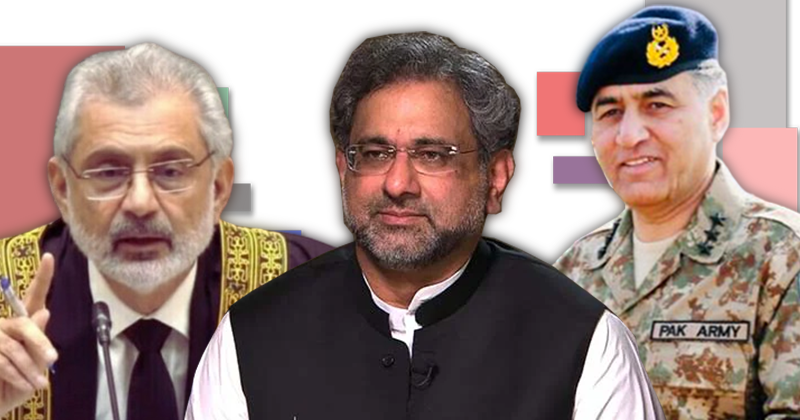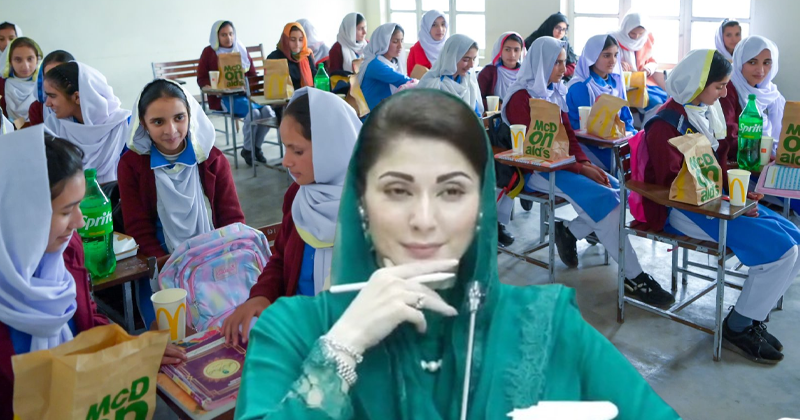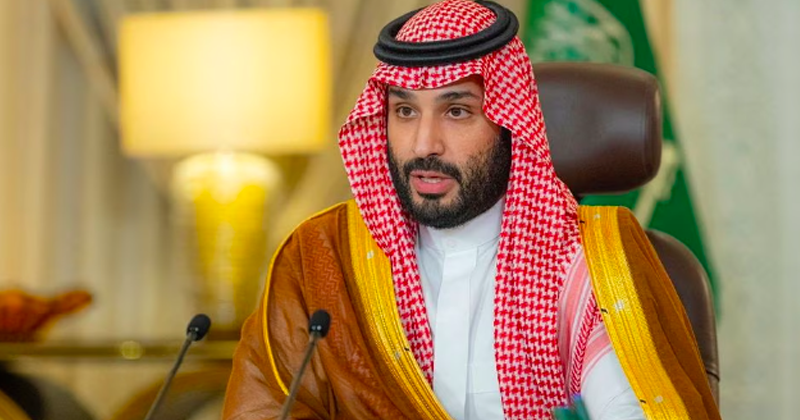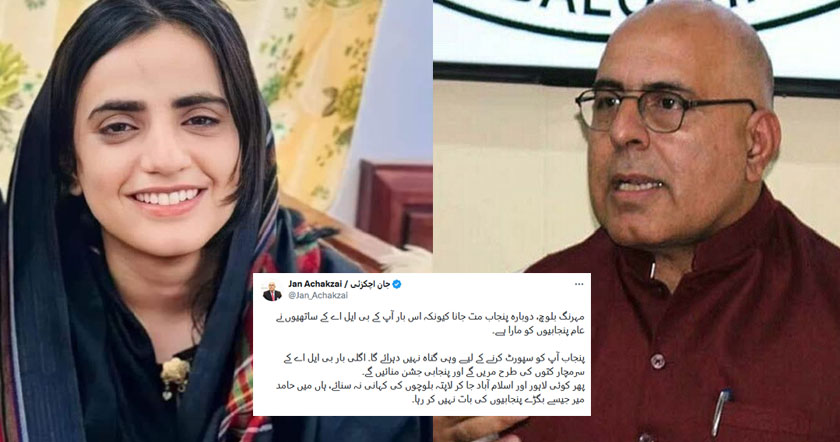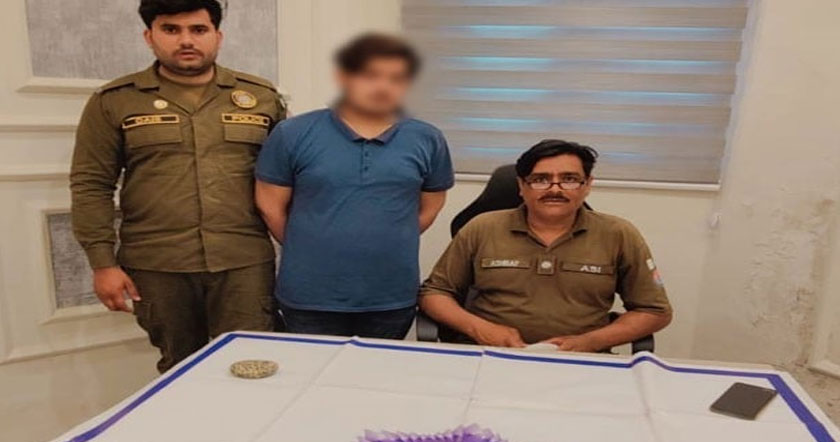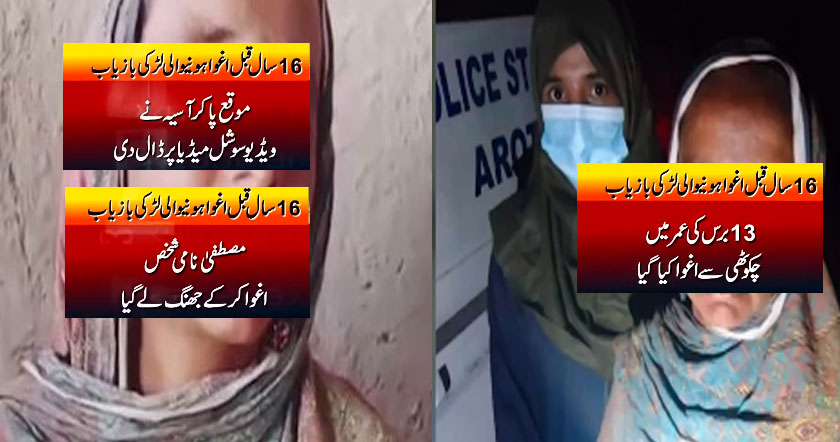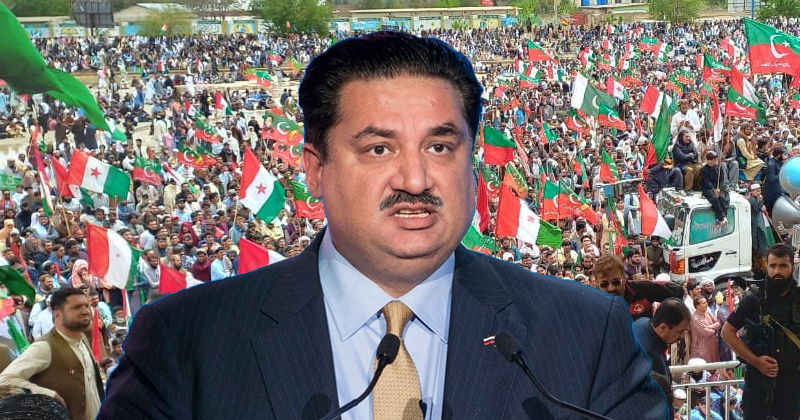Myanmar Says Clearing of Rohingya Is Unfinished Business From WWII
Army commander Sr. Gen. Min Aung Hlaing’s remarks suggest Myanmar won’t ease off its campaign
Members of Myanmar's Rohingya ethnic minority use a local boat to cross a stream after crossing over to the Bangladesh side of the border on Saturday.PHOTO: BERNAT ARMANGUE/ASSOCIATED PRESS
As tens of thousands of Rohingya refugees stream across Myanmar’s border with Bangladesh, the Myanmar army’s commander-in-chief has defended clearing Rohingya villages as an essential step in rooting out a small band of militants armed with little more than spears or knives.
Myanmar has come under criticism for its actions in Rakhine State, a narrow strip of land across its national border. Since a small group of militants launched attacks against government outposts there on Aug. 25, Myanmar’s armed forces have responded with a disproportionate show of force, prompting the United Nations and the Vatican to voice their concern over the impact on the civilian population. On Saturday, Turkish President Recep Tayyip Erdogan described what is happening to Rohingya community in Myanmar, who are Muslim, as genocide.
The U.N. has said more than 58,000 refugees have made their way across the border, joining some 500,000 other Rohingya who already reside in Bangladesh, a impoverished country poorly equipped to receive them. New York-based Human Rights Watch said satellite images show many villages where Rohingya once lived have been razed to the ground; it has collected data indicating that 17 separate sites, including some where entire villages were destroyed. Myanmar’s military and members of the Arakan Rohingya Salvation Army have blamed each other for setting the fires.
“This new satellite imagery shows the total destruction of a Muslim village, and prompts serious concerns that the level of destruction…may be far worse than originally thought,” said Phil Robertson, deputy Asia director at Human Rights Watch.
Myanmar’s army, meanwhile, says 400 people have been killed in the violence, mostly Rohingya militants belonging to a new group calling itself the Arakan Rohingya Salvation Army, or ARSA.
There is relatively little criticism toward the military operation within Myanmar itself, however. Army commander Sr. Gen. Min Aung Hlaing’s remarks on Friday suggest it won’t ease off its campaign, describing it as “unfinished business” dating back to World War II.
Speaking in the capital Naypyitaw, he said the army was pursuing its patriotic duty to preserve Myanmar’s borders and prevent Rohingya insurgents carving out their own territory in northern Rakhine State. He referred to communal violence in the area in 1942, when ethnic Rohingya who sided with the retreating British forces clashed with local ethnic-Rakhine Buddhists, who aligned themselves with the Japanese. Tens of thousands of people died in a failed attempt to create a Rohingya state.
“We will never let such a terrible occurrence happen again,” Gen. Min Aung Hlaing said.
After independence from Britain, Rohingya were denied citizenship and often are dismissed as Bengalis—illegal immigrants from Bangladesh. Many of the 1 million Rohingya who still live in Myanmar are restricted to tented camps where they rely on food and medical services provided by the U.N. and other groups and are prevented from moving freely. In 2012, about 140 Rohingya were killed in clashes with the majority Buddhist population, and the violence helped fuel a broader wave of anti-Muslim sentiment in the country as it emerged from decades of tight military control, which civilian leaders have found difficult to resist.
Aung San Suu Kyi, the Nobel laureate who is now its de facto leader, has commended the army for its recent campaign in Rakhine State. Her office last week released a statement blaming international aid agencies for helping Rohingya militants, prompting the U.N. to evacuate some of its staff.
Since then, aid agencies have complained that they are finding it hard to find anyone to deliver food and medical supplies to Rohingya camps, while the shadow of violence looming over Rohingya villages grows.
Human-rights lobby group Fortify Rights said it interviewed two dozen survivors and eyewitnesses of attacks on Rohingya who describe mass killings perpetrated by Myanmar army and police forces. In some instances, they said security forces were joined by local Rakhine Buddhist vigilantes.
In Chut Pyin village on Aug. 27, survivors told the aid group how soldiers shot and killed Rohingya residents while Buddhists from nearby villagers hunted them down with knives and machetes. Some eyewitnesses described Rohingya villagers being beheaded. Others were forced into a bamboo shed which was then set alight.
The killing spree reportedly lasted for five hours, from 2 p.m. until 7 p.m.
“The situation is dire,” said Matthew Smith, chief executive officer of Fortify Rights. “Mass atrocity crimes are continuing. The civilian government and military need to do everything in their power to immediately prevent more attacks.”
Rohingya survivors in other areas told Fortify Rights that militants, some dressed in black and armed with spears or knives, were preventing men and boys from leaving Rakhine State and urged them instead to fight back against the army.
Write to James Hookway at [email protected]
Source ; https://www.wsj.com/articles/myanmar-army-chief-defends-clearing-rohingya-villages-1504410530
Army commander Sr. Gen. Min Aung Hlaing’s remarks suggest Myanmar won’t ease off its campaign
Members of Myanmar's Rohingya ethnic minority use a local boat to cross a stream after crossing over to the Bangladesh side of the border on Saturday.PHOTO: BERNAT ARMANGUE/ASSOCIATED PRESS
As tens of thousands of Rohingya refugees stream across Myanmar’s border with Bangladesh, the Myanmar army’s commander-in-chief has defended clearing Rohingya villages as an essential step in rooting out a small band of militants armed with little more than spears or knives.
Myanmar has come under criticism for its actions in Rakhine State, a narrow strip of land across its national border. Since a small group of militants launched attacks against government outposts there on Aug. 25, Myanmar’s armed forces have responded with a disproportionate show of force, prompting the United Nations and the Vatican to voice their concern over the impact on the civilian population. On Saturday, Turkish President Recep Tayyip Erdogan described what is happening to Rohingya community in Myanmar, who are Muslim, as genocide.
The U.N. has said more than 58,000 refugees have made their way across the border, joining some 500,000 other Rohingya who already reside in Bangladesh, a impoverished country poorly equipped to receive them. New York-based Human Rights Watch said satellite images show many villages where Rohingya once lived have been razed to the ground; it has collected data indicating that 17 separate sites, including some where entire villages were destroyed. Myanmar’s military and members of the Arakan Rohingya Salvation Army have blamed each other for setting the fires.
“This new satellite imagery shows the total destruction of a Muslim village, and prompts serious concerns that the level of destruction…may be far worse than originally thought,” said Phil Robertson, deputy Asia director at Human Rights Watch.
Myanmar’s army, meanwhile, says 400 people have been killed in the violence, mostly Rohingya militants belonging to a new group calling itself the Arakan Rohingya Salvation Army, or ARSA.
There is relatively little criticism toward the military operation within Myanmar itself, however. Army commander Sr. Gen. Min Aung Hlaing’s remarks on Friday suggest it won’t ease off its campaign, describing it as “unfinished business” dating back to World War II.
Speaking in the capital Naypyitaw, he said the army was pursuing its patriotic duty to preserve Myanmar’s borders and prevent Rohingya insurgents carving out their own territory in northern Rakhine State. He referred to communal violence in the area in 1942, when ethnic Rohingya who sided with the retreating British forces clashed with local ethnic-Rakhine Buddhists, who aligned themselves with the Japanese. Tens of thousands of people died in a failed attempt to create a Rohingya state.
“We will never let such a terrible occurrence happen again,” Gen. Min Aung Hlaing said.
After independence from Britain, Rohingya were denied citizenship and often are dismissed as Bengalis—illegal immigrants from Bangladesh. Many of the 1 million Rohingya who still live in Myanmar are restricted to tented camps where they rely on food and medical services provided by the U.N. and other groups and are prevented from moving freely. In 2012, about 140 Rohingya were killed in clashes with the majority Buddhist population, and the violence helped fuel a broader wave of anti-Muslim sentiment in the country as it emerged from decades of tight military control, which civilian leaders have found difficult to resist.
Aung San Suu Kyi, the Nobel laureate who is now its de facto leader, has commended the army for its recent campaign in Rakhine State. Her office last week released a statement blaming international aid agencies for helping Rohingya militants, prompting the U.N. to evacuate some of its staff.
Since then, aid agencies have complained that they are finding it hard to find anyone to deliver food and medical supplies to Rohingya camps, while the shadow of violence looming over Rohingya villages grows.
Human-rights lobby group Fortify Rights said it interviewed two dozen survivors and eyewitnesses of attacks on Rohingya who describe mass killings perpetrated by Myanmar army and police forces. In some instances, they said security forces were joined by local Rakhine Buddhist vigilantes.
In Chut Pyin village on Aug. 27, survivors told the aid group how soldiers shot and killed Rohingya residents while Buddhists from nearby villagers hunted them down with knives and machetes. Some eyewitnesses described Rohingya villagers being beheaded. Others were forced into a bamboo shed which was then set alight.
The killing spree reportedly lasted for five hours, from 2 p.m. until 7 p.m.
“The situation is dire,” said Matthew Smith, chief executive officer of Fortify Rights. “Mass atrocity crimes are continuing. The civilian government and military need to do everything in their power to immediately prevent more attacks.”
Rohingya survivors in other areas told Fortify Rights that militants, some dressed in black and armed with spears or knives, were preventing men and boys from leaving Rakhine State and urged them instead to fight back against the army.
Write to James Hookway at [email protected]
Source ; https://www.wsj.com/articles/myanmar-army-chief-defends-clearing-rohingya-villages-1504410530


